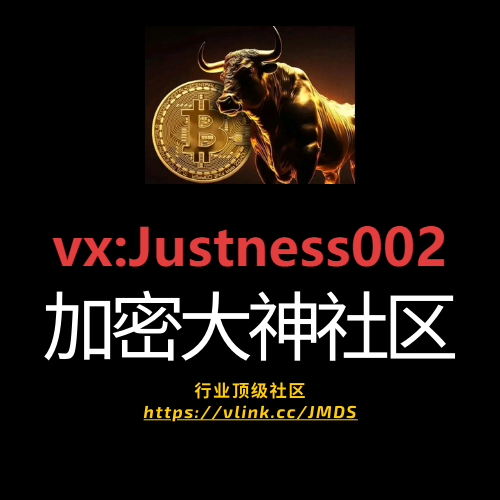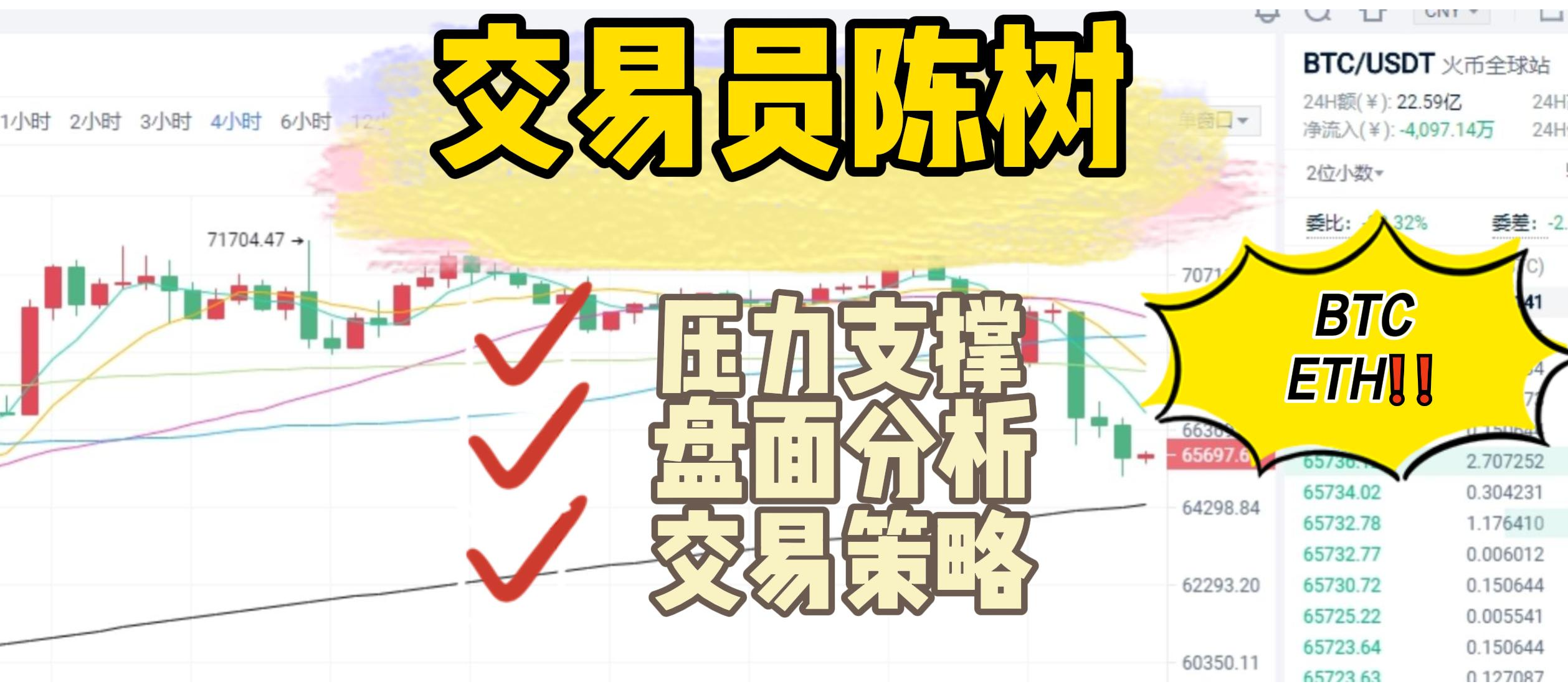In the past two days, two events related to the cryptocurrency ecosystem have occurred in China:
First, during an event held by a certain public chain in Shenzhen, it was reported that police entered the venue and took some measures.
Second, the governor of the People's Bank of China recently made remarks regarding cryptocurrency assets.
For a long time, the attitude and evolution of our country's cryptocurrency policy have been topics of great interest to me. At the same time, I am also quite concerned about the cryptocurrency policy in the United States.
After paying attention to these topics for a while, I gradually developed some questions:
- What factors influence our country's cryptocurrency policy?
- What specific factors can affect our country's cryptocurrency policy?
- Why did the cryptocurrency policy in the United States undergo such significant changes during Trump's presidency?
- Why did Trump's attitude towards cryptocurrency policy change so drastically?
Coincidentally, not long ago, while browsing online, I discovered a book titled "Political Decision-Making and Maritime Trade in the Ming Dynasty."
Upon seeing this book, I became curious: although it discusses the maritime trade industry, which is completely unfamiliar to ordinary people, could the political decision-making processes and secrets behind it help me understand the connection between the cryptocurrency industry and political decision-making today?
So, I searched for the author "Fan Hua" online.
To my surprise, I found that he is a highly regarded academic star in recent years who passed away young. It is a great pity that this talented individual, who transitioned from a science and engineering background to the humanities, chose to end his life at the age of 29. This book is one of the few highly reputable works he left behind.
I eagerly read through the book.
After closing it, I sighed and found clarity regarding the questions I had.
In any dynasty, the official transportation of goods nationwide is a crucial task that relates to the lifeblood of the country. Generally speaking, there are three methods of transporting goods in ancient times: land transport, inland river navigation, and maritime transport. During the Ming Dynasty, among these three methods, inland river navigation and maritime transport were the most focused on for long-distance transportation.
This book focuses on the rise and fall of maritime transport during the Ming Dynasty and its competition with inland river navigation.
The Ming Taizu established the capital in Nanjing. The rich products of Jiangnan were near the capital, so there was no issue with long-distance transportation in Nanjing at that time. Therefore, long-distance inland river navigation was not a priority for the Taizu era.
At that time, the Ming Taizu maintained a large maritime power, but its main role domestically was to transport goods to eliminate remnants in some provinces, while externally it was mainly to deter Japan and Korea.
Once the situation stabilized, especially after Japan and Korea gradually submitted to the Taizu, maintaining an increasingly large maritime force became a heavy burden for the state. Moreover, during this period, there were serious incidents where court officials colluded with pirates through maritime transport, threatening the safety of the court. Consequently, the Ming Taizu gradually shifted the maritime power from an outward expansion strategy to a defensive inward strategy. Ultimately, when Japan and Korea completely submitted to the Taizu emperor, he completely dismantled the maritime forces.
Thus, during the Taizu era, maritime transport was completely silenced.
When the Jianwen Emperor ascended the throne, the Yan Wang initiated the "Jingnan" rebellion. For the convenience of military operations and transportation between the two capitals, the Yan Wang had to re-employ maritime transport, creating the most powerful maritime force in the world at that time, despite the inland river navigation still being quite immature.
However, after the Ming Chengzu moved the capital to Beijing, the northern expedition against Mongolia gradually became the state's primary task. At this point, maritime transport alone could no longer support the supply of goods from the south to Beijing, so the Ming Chengzu initiated inland river navigation.
In this process, the capacity of inland river navigation gradually began to surpass that of maritime transport and was sufficient to undertake transportation tasks. Additionally, Japan and Korea also submitted smoothly during the Chengzu era. Therefore, maintaining a large and costly maritime force became unnecessary for the Ming Chengzu. Ultimately, he abolished maritime transport.
Thus, during the Chengzu era, maritime transport was completely silenced.
After abolishing maritime transport, although inland river navigation played a major role during the Ming Dynasty, the repeated flooding of the Yellow River, breaches, and siltation of inland river channels led to the national north-south arteries being in peril multiple times. During such urgent moments, the current decision-makers had no choice but to choose maritime transport again.
However, at this time, due to the loss of technology and the decline of talent, the powerful maritime capabilities that had existed in the early Ming Dynasty could no longer be restored. Coupled with the astonishing costs of maritime transport in the mid to late Ming Dynasty, decision-makers, even if they had the intention, found themselves powerless to restore maritime transport, ultimately only able to patch up inland river navigation and get by.
During the Ming Dynasty, in the decision-making of each ruling decision-maker, once the decision to abolish maritime transport was made, maritime transport was almost completely silenced in the subsequent years of governance. Even if there were occasional discussions, they almost all failed. Because in situations of management uncertainty, unclear costs, and not very significant results, choosing a new decision poses far greater risks than benefits for the decision-maker.
Even the Ming Chengzu, who achieved significant performance in both maritime and river transport, made his initial choice of maritime transport and later opened inland river navigation out of necessity rather than foresight or deep consideration.
The above is from the perspective of the ruling decision-makers.
From the perspective of the scholar-official group surrounding the decision-makers, the issue of maritime transport becomes even more complex.
Take the famous chief minister Zhang Juzheng as an example; his attitude towards maritime transport underwent a complete 180-degree turn.
When he first encountered the issue of maritime transport, the conflict between maritime and river transport was not significant; maritime transport was merely proposed as an alternative to river transport. At that time, he was more concerned about his personal interests (the interests of local gentry) and thus subtly pointed out the inconveniences, impracticalities, and inferiority of maritime transport compared to river transport in his communications with local officials.
As a result, the maritime transport proposal was abolished.
When he encountered the issue of maritime transport again, the flooding of the Yellow River had already led to severe siltation of inland river routes, putting the supply of goods to Beijing in jeopardy. At this point, he began to emphasize the necessity and benefits of maritime transport for the country and the people in his communications with local officials.
However, at this time, actual difficulties and the whims of nature played a trick. The actual difficulty was that the costs of maritime transport had far exceeded the financial burden of the state. The whims of nature were that, in the following years, the Yellow River remained calm, and inland river navigation was remarkably smooth.
At this point, discussing maritime transport became unnecessary. If he insisted on pushing it despite the circumstances, he would undoubtedly be labeled by political opponents as "a worrywart" or "wasting public funds."
In addition to decision-makers and court officials, local officials at all levels and gentry forces in the Ming Dynasty were also entangled in various complex interests in the dispute over maritime and river transport. This will not be elaborated on here.
The well-known missionary Matteo Ricci once posed a famous question: Why didn't the Ming people use maritime transport?
I believe that if he could read this book today, he would find a clear answer.
To summarize from the perspective of decision-makers:
When the Ming Taizu discovered that a decision would threaten his own regime, especially if this decision would bring unnecessary management troubles and costs to the country with little effect, he resolutely abolished that decision.
The same goes for the Ming Chengzu, and every subsequent Ming emperor followed suit.
Later, whenever a decision-maker intended to make a new choice, it was often due to external pressures, and at this time, obstacles from the scholar-official group, local officials, and interest groups would force the decision-maker to be conservative or significantly reduce policy implementation.
From the perspective of court officials:
Even a historical figure like Zhang Juzheng, with a strong sense of mission, could be influenced by personal interests when considering issues. And even when he had to set aside biases to consider a problem objectively, he might still be unable to choose another option due to various constraints.
Using this line of thought and framework to examine the evolution of Trump's cryptocurrency policy in the United States, I believe some questions can be easily answered.
If Trump had not been so deeply "abused" by traditional banks, and if he had not gained so many benefits from the cryptocurrency ecosystem, he would not have made such a drastic 180-degree turn regarding the cryptocurrency ecosystem.
If, upon taking office, some key positions he selected did not have such a clear supportive attitude and vested interests in the cryptocurrency ecosystem, the United States would not have such an open cryptocurrency policy today.
Because even if decision-makers make decisions, if their "scholar-official" group has conflicting interests, they are likely to pay lip service while undermining their decisions.
Moreover, the objective conditions in the United States also allowed for the rapid implementation of an open cryptocurrency policy, as there are no longer technical barriers to the implementation of cryptocurrency technology in the U.S., whether in terms of technology or application. Otherwise, even with the strongest will, Trump would be unable to implement his cryptocurrency proposals due to objective constraints.
We can also rephrase this:
If today’s leader were not Trump, but another Republican or Democrat, regardless of what they said before taking office, as long as they did not have experiences like Trump being "abused" by traditional banks and had not experienced the tangible benefits brought by the cryptocurrency ecosystem, the U.S. cryptocurrency policy would not be this open today.
Because even when a leader's attitude is proactive, it usually only leads to minor adjustments to the status quo, progressing slowly, and they would not make significant changes unless absolutely necessary, as this is the safest and smoothest approach.
Once a major policy shift is to be executed and sustained, it requires not only the leader and their surrounding "scholar-official group" to be highly aligned in goals and interests but also for them to be unequivocal and resolute in their attitudes.
So, can candidates who merely talk the talk, who have not been "abused" by traditional banks and have not deeply engaged with the cryptocurrency ecosystem, have such a resolute attitude and select a group of like-minded "scholar-officials" to promote such an open cryptocurrency policy?
It is fundamentally impossible.
From this perspective, Trump's election as a non-establishment figure is a stroke of luck for the U.S. cryptocurrency policy to reach a tipping point, because of his "non-establishment" status, because he was "abused" by traditional forces, and because he found another glimmer of "light," he had to, and would definitely, fight to the end to pursue a different path.
This is not a choice of better or worse, but a choice of life and death.
Additionally, the objective conditions for the application of cryptocurrency technology in the U.S. have matured, so the cryptocurrency plans promoted by Trump faced almost no obstacles.
Reflecting on these details, I believe that the 180-degree turn in U.S. cryptocurrency policy after Trump's ascension and its rapid realization is, in fact, a special case containing elements of chance. If another person were in charge, the U.S. might still advance in cryptocurrency policy, but it would not be as swift or intense.
免责声明:本文章仅代表作者个人观点,不代表本平台的立场和观点。本文章仅供信息分享,不构成对任何人的任何投资建议。用户与作者之间的任何争议,与本平台无关。如网页中刊载的文章或图片涉及侵权,请提供相关的权利证明和身份证明发送邮件到support@aicoin.com,本平台相关工作人员将会进行核查。




